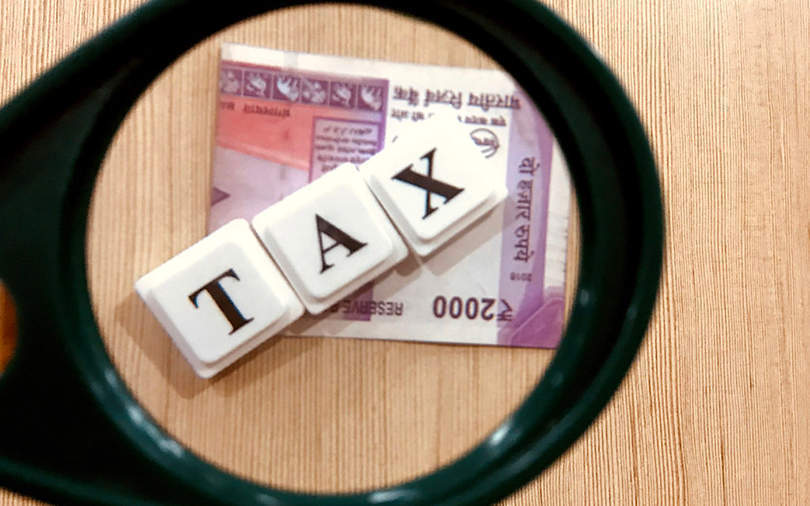
Despite relief from govt, angel tax comes back to bite startups


Despite 702 startups being granted exemption letters by the Central Board of Direct taxes, the so-called angel tax is back to haunt startups.
A group of companies which had in December pushed for clear directives on the angel tax problem, now plans to seek clarity from the government on aspects of the February 19 notification issued by the Department for Promotion of Industry and Internal Trade (DPIIT) and the exemption letters issued by Central Board of Direct Taxes (CBDT) as documentation for appeals assessment orders.
Multiple startups were served notices under Section 56 (2) (viib) of Income Tax Act in November and December 2018 for funding raised during the financial year 2015-16. Under this, early stage investments in startups is treated as ‘income from other sources’ and taxed at 30%. Following multiple representations by startups, investors and angel groups, the government had set in place the process for the registration of companies as startups with DPIIT and come up with a form to be sent to CBDT for being verified as a startup. The tax authority would in turn grant the companies exemption letters from Assessment Orders on funding raised from angel investors.

Three companies TechCircle spoke to said that their appeals were either pending or rejected over confusion on the applicability of the exemption letter on Assessment Orders which were already issued. In the case of another company, the change in Assessment Officer handling the case led to further confusion.
One of the recipients of the notices is Sellerworx, a B2B ecommerce SaaS company which was acquired by Capillary Technologies in 2016. “Our product was acquired but the company continues to be owned by us, though we are not functional. We raised our first round from Axilor Ventures. We received an assessment order in 2017, followed by another in December 2018 and we had appealed the first time around. The Assessment Officer changed and the new officer has asked us to deposit 20% of the amount as deposit,” said Ganesamurthi G, co-founder of Sellerworx. He added that this was a deterrent for registering business in India.
Ayush Bansal of iDreamcareer added that the company’s appeal was rejected citing that the exemption letter was not applicable to the round raised by the company in 2015-16 as it pre-dated the exemption letter from CBDT and DPIIT registration as a startup.

Similarly Ashish Chaturvedi, founder of Schooldiary said that the company had been unable to meet CIT (appeals) for the past two months and added that the officer in charge had refused to take up the matter as it was for an amount of Rs 10 lakh payable. According to recent guidelines issued by CBDT, department can now file appeal in tribunal against a CIT (A) order only if the revenue consideration is above Rs 20 lakh in tax cases. For amounts beyond Rs 50 lakh, the appeals have to be filed in a higher court.
Founder at Pune based SaaS company Maximojo, Sudhir Mody added that appeal on his order was pending due to terminology used in the February 19 notification, despite being given an exemption letter.
The retrospective applicability of exemption letters issued by CBDT is in the grey zone as government officials and investors have said that for companies who have received notifications from CBDT, the appeals process has to be completed

